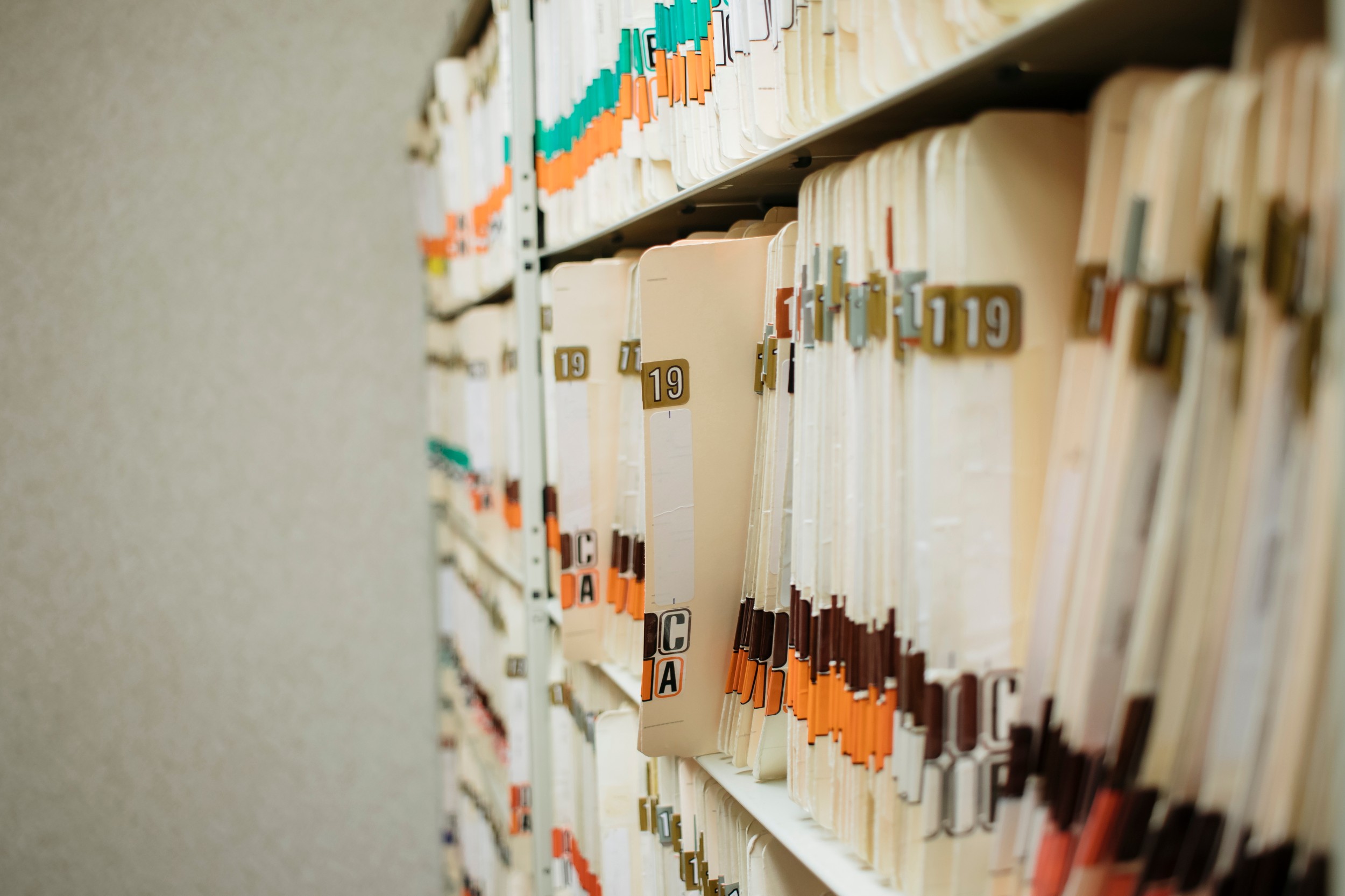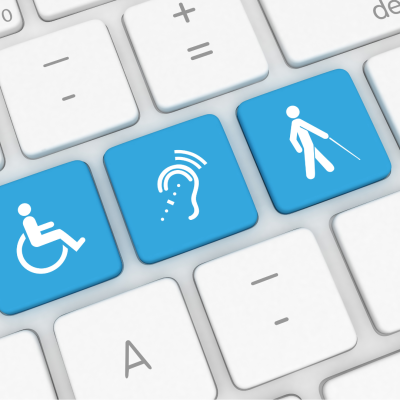How to access your health and social care records
When you use AWP’s mental health services, we will keep a record of the treatment you receive. In NHS mental health trusts, we call this your ‘health and social care record’.
This page explains how we produce records and keep your data secure, why you might want to have access to them and how we can help you do this if you need to.
Everyone who uses AWP’s mental health services has a record of their treatment by those services. These are sometimes called ‘medical records’ in acute hospitals, but we call it a ‘health and social care record’ in NHS mental health trusts.
This page explains how we produce records and keep the data in them secure, why you might want to have access to them and how we can help you do this if you need to.
- When you start to receive treatment, your health professional will make notes about your treatment or condition.
- Health and social care records may contain details about diagnoses, reports, letters or test results. Mental health records may also contain information about your care plan or time spent in hospital.
- Your GP records and mental health records are not kept together, but your mental health team keeps records of your contact and appointments with your GP. To help with treatment, a GP and mental health team may share details like referral letters, diagnoses, reports or test results.
- If you have received treatment under the Mental Health Act, your records are usually kept for 20 years after your last treatment.
- We have a Health and Social Care Records Manager who handles requests for health records by AWP staff and oversees how records are properly stored and moved around the Trust.
- Our Health and Social Care Records department work closely with Information Governance to coordinate and log requests from people outside the Trust to access health records.
- We are required by law to look after all personal information to comply with the Data Protection Act 2018, which controls how your personal information is used by organisations, businesses or the government. The Act is how the UK government put into place the EU-wide General Data Protection Regulations (this is most commonly known as ‘GDPR’). Read more about the Data Protection Act 2018.
- AWP is registered as a ‘Controller’ of personal information with the Office of the Information Commissioner (ICO), the UK's independent authority which is set up to promote access to official information and protect personal information. Our registration number is Z6995243. You can look this up on the Data Protection Public Register.
- All our staff are trained in data protection and confidentiality. There is a formal Code of Conduct for NHS staff that tells them how to uphold the rights to privacy and confidentiality of our service users and carers.
- A member of our Information Governance team also educates new staff on their responsibility for upholding privacy and confidentiality during their mandatory core induction to AWP.
- AWP also has a senior person called a ‘Caldicott Guardian’. The name of this role comes from the 1997 Caldicott Report by Dame Fiona Caldicott, who recommended that NHS trusts should have a member of staff or ‘guardian’ who champions privacy and confidentiality, ensuring that staff understand how to look after personal information.
- You can contact the Caldicott Guardian by email at awp
.caldicottguardian to discuss any concerns they might have about privacy or confidentiality.@nhs.net
- You might want to check information about yourself or someone you care for.
- You might want to find out the background information about your treatment.
- Under the Data Protection Act 2018, you have the right to see or obtain a copy of health and social care records in printed or digital form. Anyone wanting to access someone’s health and social care records needs to make a ‘subject access request’.
- We consider subject access requests about a living person’s records according to the Data Protection Act 2018. Any of the following people, including yourself, may make a subject access request for a whole record or any part of a record:
- a person you have authorised in writing to do it on your behalf. This may be someone you have given power of attorney to make decisions for you if you are unable to do so yourself.
- a parent or guardian of a child under 16 if it is in the child's best interests and not against their wishes if they are able to make their own decisions.
- any person who is a ‘litigation friend’ and/or a court has appointed to manage someone’s affairs if they’re not able to.
- If the request is about the records of someone who has died, we need to consider the request according to the Access to Records Act 1990. We need further written evidence of the authority of the person making the request. Any of the following people may make a subject access request for a whole record or any part of a record:
- the service user’s personal representative.
- the executor of the service user’s estate.
- the designated administrator of the service user.
- a person making a claim arising from the service user’s death (assessed on a case-by-case basis).
- We can refuse access under some special circumstances, for example when access to someone’s records would:
- go against that person’s wishes.
- release information that the care team believe may cause harm or distress.
- release information gained from someone else that they have given in confidence.
- release identifying information about someone else without their permission.
- A Freedom of Information (FOI) request is not the same as a subject access request. The Freedom of Information Act 2000 does not include personal information, so no one can access your records in this way. Find out more about the Freedom of Information Act.
- You need to make your request in writing, by post or email, to prove your identity. We will need a copy of one form of photo ID, such as your photocard driving licence or passport, and a separate proof of address, such as a household bill with your name and address on it, but not including a mobile phone bill. Please remember not to send us original documents.
- You are entitled by law to receive a response no later than 30 days after we receive your request. If we need longer than 30 days to respond, we will contact you to discuss this and explain why.
- You do not have to pay anything for this service.
- We will send copies of records with notes that should explain any terms or language you are not familiar with. If you need further support to understand any part of the record, please contact us and we can help you.
- To make your request, please write to:
Subject Access Request Team
C/O EFM Health and Social Care Records
Building No 56
Blackberry Hill Site
Manor Road
Bristol
BS16 2EW
Email: awp.sarsteam@nhs.net









